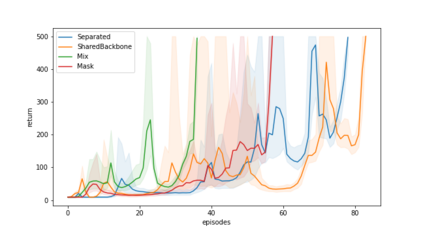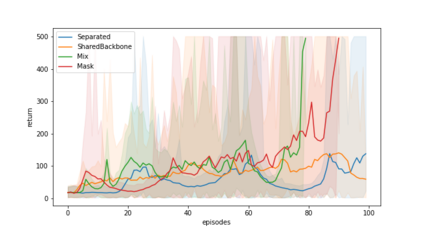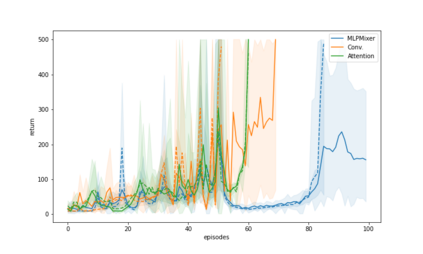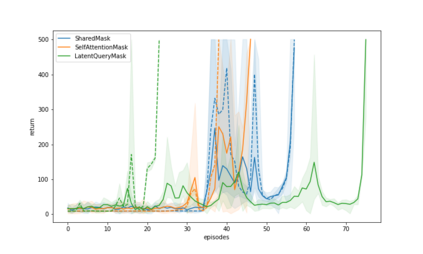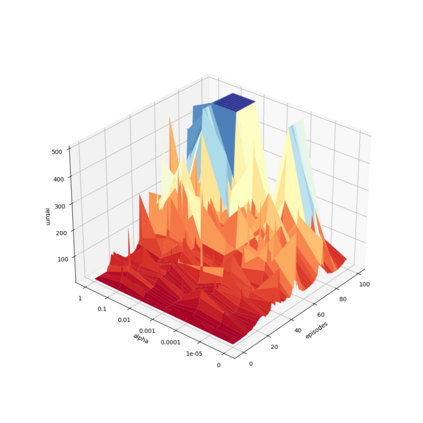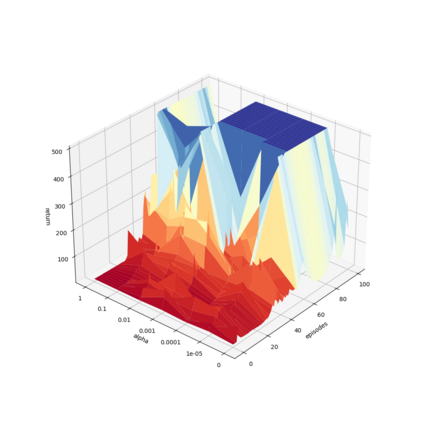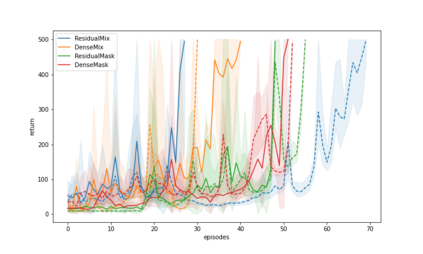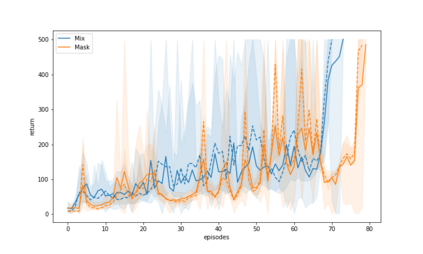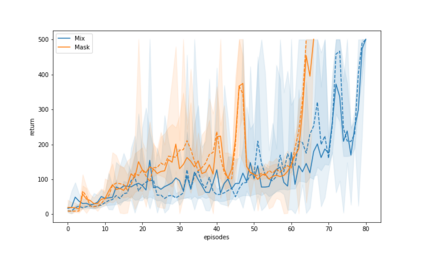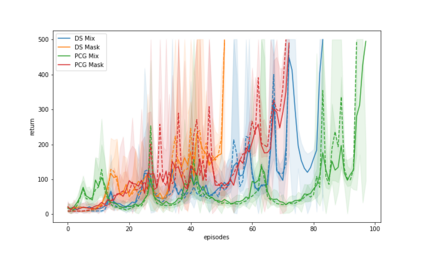Shared feature spaces for actor-critic methods aims to capture generalized latent representations to be used by the policy and value function with the hopes for a more stable and sample-efficient optimization. However, such a paradigm present a number of challenges in practice, as parameters generating a shared representation must learn off two distinct objectives, resulting in competing updates and learning perturbations. In this paper, we present a novel feature-sharing framework to address these difficulties by introducing the mix and mask mechanisms and the distributional scalarization technique. These mechanisms behaves dynamically to couple and decouple connected latent features variably between the policy and value function, while the distributional scalarization standardizes the two objectives using a probabilistic standpoint. From our experimental results, we demonstrate significant performance improvements compared to alternative methods using separate networks and networks with a shared backbone.
翻译:行为者-批评方法共有的特征空间旨在捕捉政策和价值功能所要使用的通用潜在代表,并希望更稳定、更具有抽样效率的优化,但这种模式在实践中提出了若干挑战,因为产生共同代表的参数必须从两个截然不同的目标中学习,从而产生相互竞争的更新和学习扰动。在本文件中,我们提出了一个新的特征共享框架,通过采用混合和遮盖机制以及分布式缩放技术来解决这些困难。这些机制动态地表现在政策功能和价值功能之间对等和互不相容的关联潜在特征,而分布式的缩放则用概率观点将这两个目标标准化。从我们的实验结果来看,我们展示了与使用不同网络和共同骨干网络的替代方法相比的显著绩效改进。




